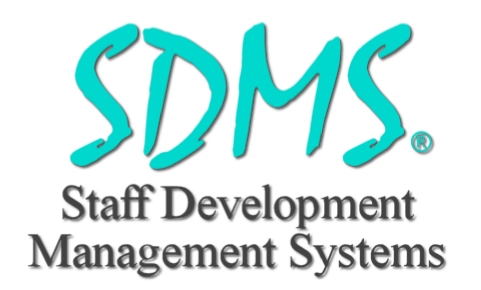To what extent did the course meet your expectations? How highly would you rate the pre-course information? How highly would you rate the skills of the trainer? How highly would you rate the listening skills of the trainer? What mark out of 10 would you give the course materials? To what extent have you developed skills, which will help in your job?
Invaluable Feedback Analysis
These and thousands of other similar questions are asked daily at the end of or during training courses up and down the Country, in private and public training organisations, in an attempt to assess how well those organisations are doing. We would all like a simple and easy way to judge what the contribution of employee training is to the bottom line or quality of the services we provide. Unfortunately, this is rarely available. Instead we must rely on an overall business assessment, within which the response of delegates to training is an important element. Research shows, however, that much of what could be learned from the responses to these questions is lost because they are rarely or poorly analysed.
Training Management
SDMS V Staff Development and Learning Management for Windows supports full course management and administration. Data is collected at the proposal, planning, applications and approval or nomination stages. Course planning and scheduling, course advertising, enrolments and attendance are all supported. If required, qualifications and competencies resulting from successful participation in the course can be held together with provider and trainer details. Course aims and objectives programme and agenda together with course materials can be recorded reducing duplicated effort often experienced in training delivery. It provides a means of fully incorporating training and development into overall business planning, as well as for organising and delivering all forms of training and development from traditional courses to open learning. And of course, date clashes for trainers, events and delegates is standard to help with the practicalities of planning and scheduling. With SDMS V e-Training for Web Access this can be delivered via the web browser.
Simple and Easy
SDMS V Training Evaluation for Windows adds to this already extensive functionality and simplifies the process of Training Evaluation administration, enabling it to be carried out simply, effectively and with the minimum amount of effort and staff time. Positive training evaluation lies at the heart of all good training and is the key to continual and expanding business for all training providers as well as ensuring that employee training is supporting the bottom line. And of course, is an essential element for achieving and complying with the Investors in People National Standards.
User Definable Questionnaires
Training evaluation questionnaires with unlimited questions can be designed by the user to assess the effectiveness of course management and delivery, relevance, skills and objectives achieved, transfer to the job, and benefit to clients and the business. Each question can have different responses – alphabetical, numeric, and descriptive – together with general comments. Questions can also be grouped to form distinct questionnaires for specific purposes – such as a special questionnaire to evaluate a high value management course.
Trainer Evaluations
Questionnaires can be designed for both delegate completion and for completion by trainers for training provided internally, or by external providers. They may be completed as a pre-course evaluation or assessment of need, end of course initial assessments or as medium and long-term business impact questionnaires. Questions, which are common between trainer evaluations and delegate evaluations, can be flagged as equivalent for comparison purposes.
Integrated
The entry of questionnaire returns is made simple and easy, since course, delegate enrolment and attendance data already entered in SDMS V Staff Development and Learning Management for Windows is immediately available within the Evaluation Module through the use of pop-up pick lists and views of the data. Questionnaires are easily printed and can be produced via Word™ Templates for inclusion in delegate packs, personalised for each delegate.
Follow Up Action Plans
Where required, an Action Plan may be attached to each completed questionnaire, defining a range of actions, target dates and quality impacts resulting from the training attended. The need to follow through training to the workplace to ensure that the investment in training is maximised by setting out details of the follow up actions: review specific in company procedures, do a particular job in a new way, reduce incidents of minor accidents etc.
Reporting
SDMS V Training Evaluation for Windows comes with standard reports, allowing delegate assessments of training to be analysed by delegate, department or group, staff type, subject, training area, dates, and by type of course and trainer. It includes the SDMS V Report Viewer and Editor, which allows full user control over report outputs, including font style and sizing, bolding, underlining, cut and paste and many other word processor options, together with report output file management, such as save and open. Appropriate reports include pie and bar chart options at the click of a button in addition to normal text and columnar output. All reports can be exported to Excel™ for detailed analysis and to allow the use of the extensive features of Excel™. Crystal Reports™ is also supplied as an option for additional ad hoc reporting.
All SDMS Software is supported by a range of implementation services encompassing; installation, implementation consultancy, training, technical support and bespoke software development where required.









